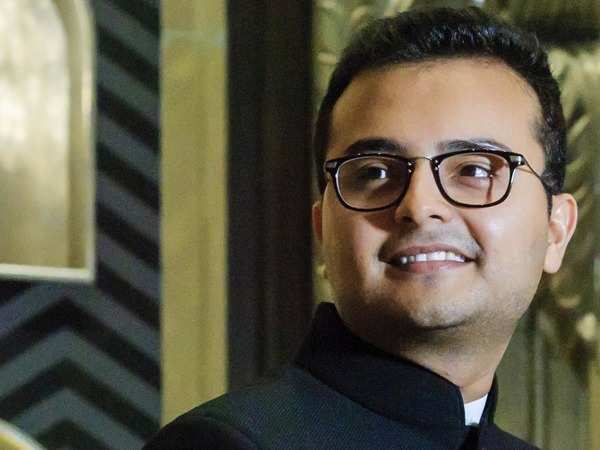Hersh Shah, CEO, India Affiliate of Institute of Risk Management (UK) talks about diversification in education, making it more complete, enhacing both learning outcome and career trajectory
Q. How will multiple exit options for a UG degree help students?
Government-recognized multiple exit options at the undergraduate level will give more options to the youth. This mechanism will be helpful to students as it gives them the flexibility of continuing their education, taking decisions based on career choices, and maybe course correction, if needed. In higher education, multiple exit options in degree courses will give a boost to additional qualifications and practical knowledge, which are the need of the hour. This will usher in a new era of cross-disciplinary learning and holistic development.
Q. How will foreign universities setting up their campuses in India effect student choices?
While IRM India’s 5-level global qualifications are fully administered online, we are fully in support of NEP’s initiative of bringing foreign universities to India. This is a formidable step towards strengthening the Indian education ecosystem and revitalizing its standards. This will help Indian students access international quality education in their very own country and create the right environment for aspirants to chart a strong career course. It will also lead to healthy competition, and the flow of knowledge and best practices to India from abroad.
Q. How will the formation of the HECI help?
Quality education and professional expertise is critical for developing countries like India, to prepare and empower their youth, who are the country’s future, and will need to take on global trends and challenges in order to remain competitive. The changes proposed by the NEP hold great promise, but can also create chaos if the execution falls short. Having an umbrella entity that enables standardisation across various educational institutions will help in implementing the plan properly and in a coordinated manner. It will also facilitate benchmarking so that India’s education institutions can compete robustly with the top international institutes.
Q. IITs will move towards a more holistic curriculum. What do you think about this move?
Allowing technical institutes to become multi-disciplinary will help IITs expand into other academic areas and admit more students. The blended offering will also help students develop a well-rounded personality and gain knowledge to augment their domain learning. This will enable such institutes to compete with the elite educational institutions of the world and become at par with them in the coming years. Diversification makes education more complete, improving both learning outcome and career trajectory.
Q. According to NEP, there won’t be a rigid separation between Arts & Science programs. Is this a practical move?
It’s good to expose students to holistic learning. Allowing students the option of tailoring their own education and careers empowers them to plot the most optimum career graph based on their interests and abilities. Learning different subjects is also beneficial for the mind as it helps hone critical thinking and develops a broader perspective. This is a step in the right direction.
Schools need to foster connection and shun discrimination
Dr Rajeev Sharma, former faculty at the IIM, Ahmedabad, has worked extensively in the field of education. In this interview,...
Read more























































